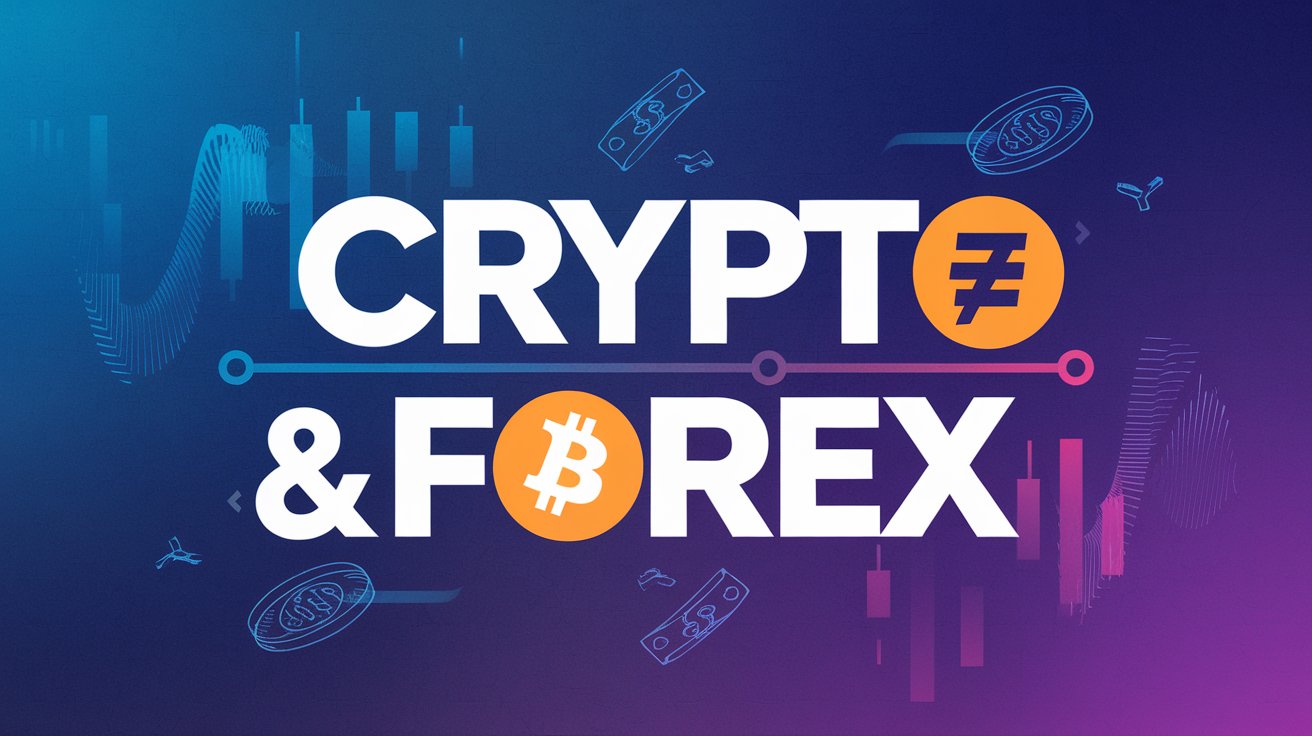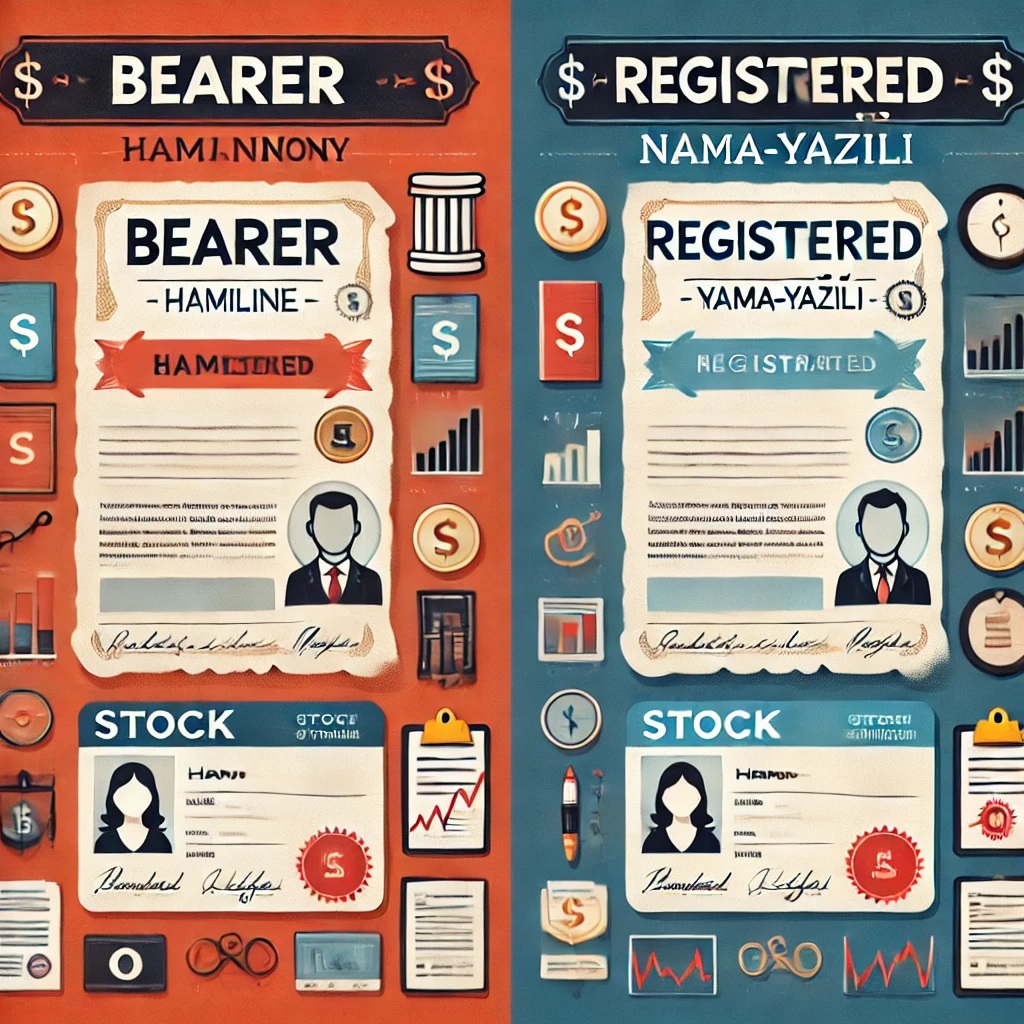What is OctaFX?
OctaFX is an online forex and cryptocurrency broker that provides trading services in various financial instruments. It aims to cater to both novice and experienced traders with a focus on user-friendly platforms and competitive trading conditions.
When Did It Start Operating?
OctaFX was established in 2011.
Where Is Its Headquarters?
The broker is registered and operates from St. Vincent and the Grenadines.
In Which Countries Is It Restricted?
OctaFX may be restricted in several countries, including the United States and certain European jurisdictions due to regulatory issues. Traders should verify the legal status in their specific location.
Advantages:
- Low Spreads: Offers competitive spreads that can be advantageous for traders.
- Variety of Account Types: Provides several account types to accommodate different trading preferences.
- No Commissions: Generally does not charge commissions on trades, making it cost-effective.
- Promotions: Frequently offers bonuses and promotions, appealing to new and existing clients.
Disadvantages:
- Limited Regulation: Not regulated by major authorities, which might raise concerns for some traders regarding safety.
- Withdrawal Fees: Some withdrawal methods may incur fees, impacting overall trading costs.
Which Instruments Can I Trade?
You can trade a variety of instruments, including:
- Major and minor forex pairs
- Cryptocurrencies
- Commodities (like gold and oil)
- Indices
What Is the Trading Fee?
OctaFX typically operates with low spreads, and there are generally no commissions on trades. However, specific accounts may have different terms, so it’s advisable to check the account details.
Does It Allow Scalping?
Yes, OctaFX allows scalping, making it suitable for traders who prefer short-term strategies.
Is There a Trading Platform?
OctaFX offers multiple trading platforms, including:
- MetaTrader 4 (MT4)
- MetaTrader 5 (MT5)
- A proprietary web-based platform for convenience.
Is Margin Trading Available?
Yes, OctaFX offers margin trading, allowing traders to leverage their positions. The leverage available can vary depending on the asset class and regulatory jurisdiction.







